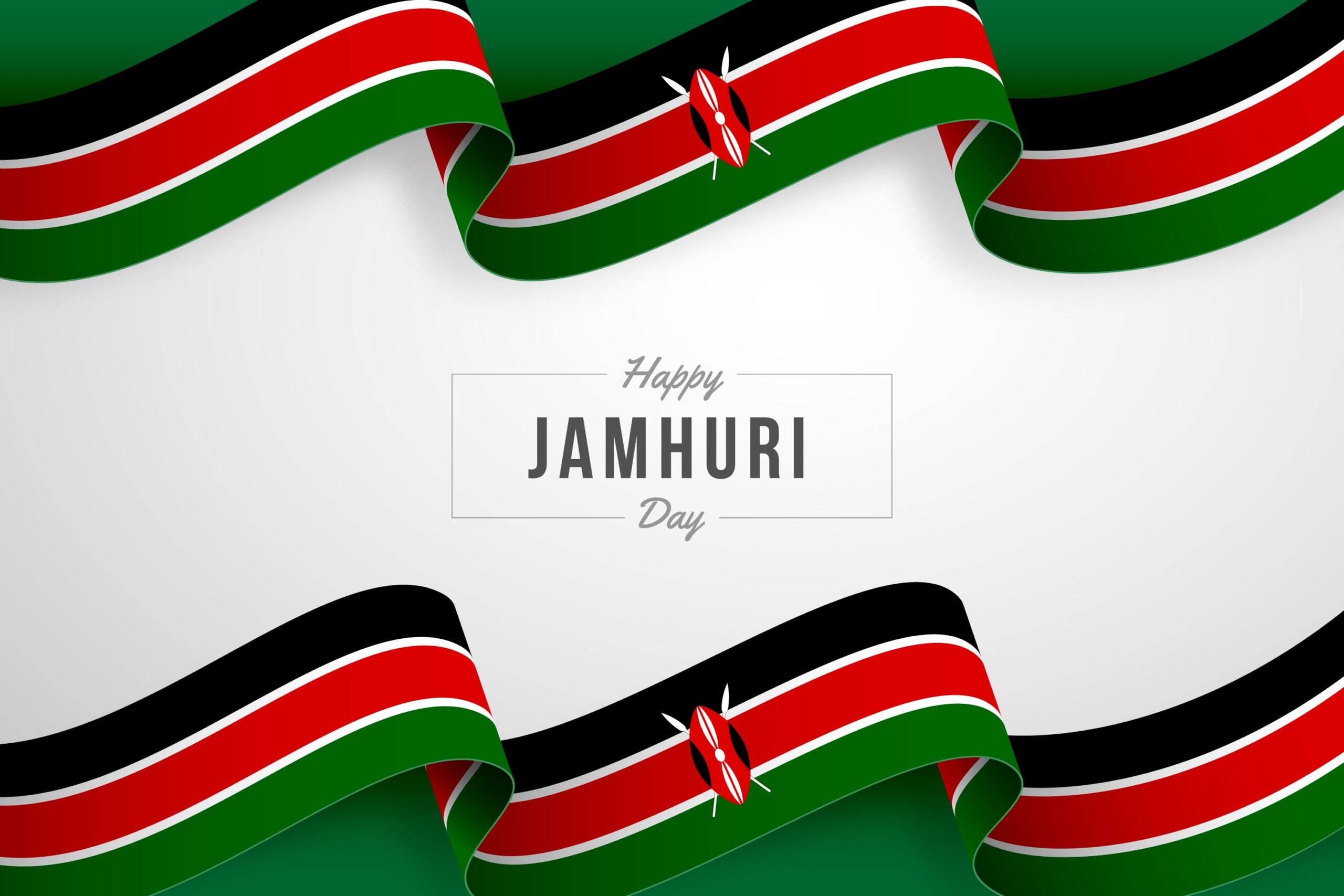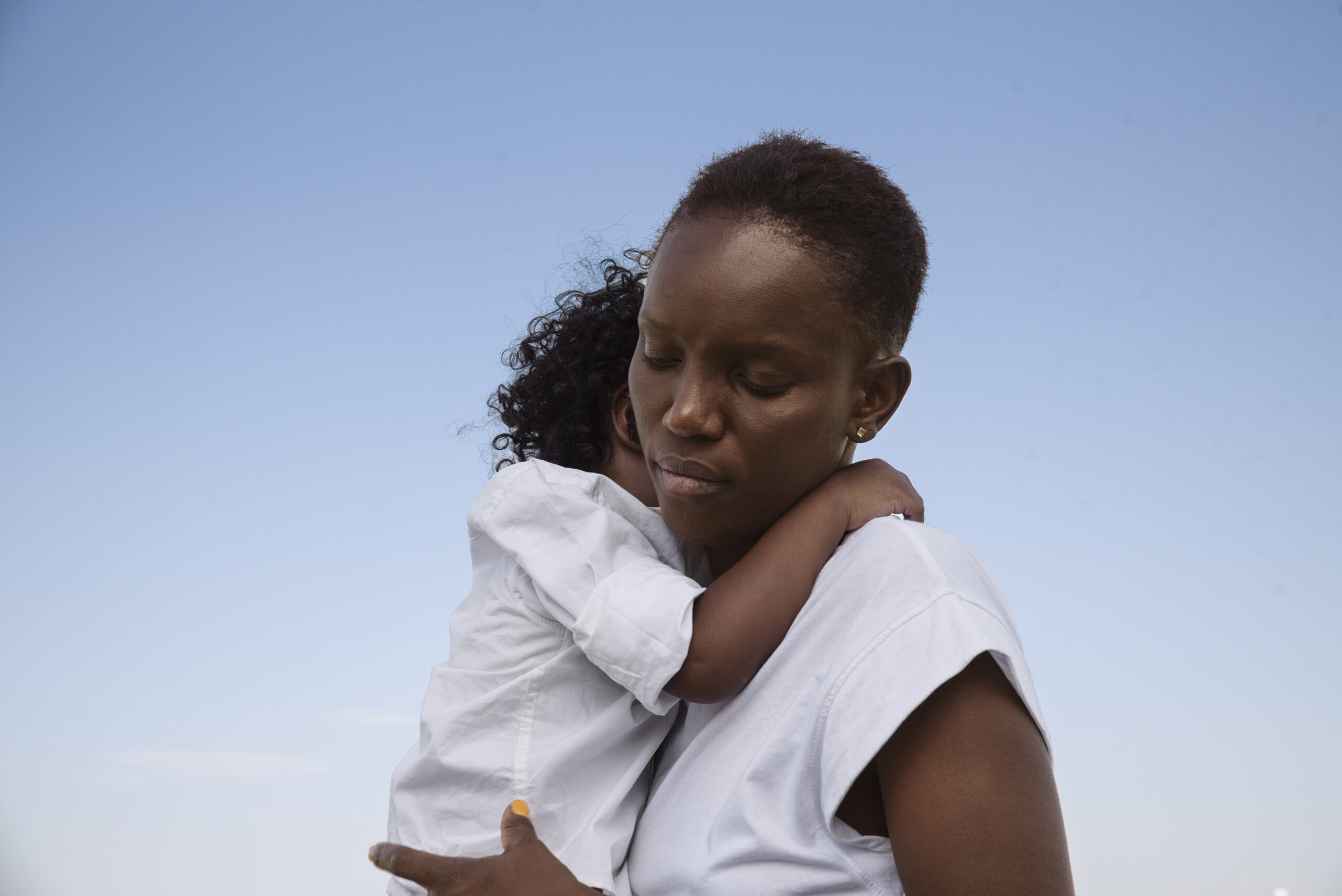PAUL BITOK – Trailblazing Volleyball Coach
Born in 1974 in Simat, Uasin Gishu County, Paul Bitok does not have a clear recollection of what his childhood ambitions were, as from a young age he was simply
Born in 1974 in Simat, Uasin Gishu County, Paul Bitok does not have a clear recollection of what his childhood ambitions were, as from a young age he was simply expected to take up sports and more specifically running.
“As a child, I used to play any game including football, volleyball and running but I was doing it just for fun; then as I grew up, I was encouraged to play basketball because of my height,” he starts off the interview.
Unfortunately, there were no facilities for basketball training. His height was an impediment to running because taller runners use up more energy and hence get fatigued more easily. Luckily for him, volleyball had already taken root in Simat and he gravitated towards it.
“Volleyball is a widely accepted sport in my home town. We produce 80 per cent of the male volleyball players in the country and several women in the female teams. It is common to find people playing volleyball in the afternoon in the villages. It is a culture that has been there for a long time,” says Bitok who stands at two metres tall.
The pressure to join basketball followed him to Kapsabet Boys High School where he played in the school team. He also played handball. “I loved basketball more because my teachers told me if I was good, I could go to play in the United States of America,” he chuckles, adding that he dropped the game because he found its many rules too restricting.
With basketball out of the way, he pursued volleyball with a passion. He became so good at it that at 19, he was playing for the national league under the Kenya Posta team. He later joined the Kenya Commercial Bank (KCB) team, where he was also employed as a clerk. He became the first professional volleyball player from Kenya to play for international teams, first in Tunisia and later in Croatia.
It became challenging for him to play internationally while still signed to KCB and in 2003 left Croatia to return home and decided to give volleyball a break. For the next one and half years, he joined athletics management and worked with several professional athletes among them the late Nicholas Bett. Despite this being a detour from volleyball, the experience and coaching skills he gained would come in handy when he returned to the game in 2005 as KCB team’s head coach.
KCB was ranking fourth in the national league at the time he joined, but he proved himself to be the man for the job when they finished third in Africa that year. This was undoubtedly a huge achievement and one of the greatest strides of his career. He had even more to celebrate when his team won the African title in 2006.
After this win, the Kenya Volleyball Federation noticed him and appointed him the assistant coach of the national team as he continued coaching the KCB team. It was while training with the Kenya national team for the East African games in 2008 that the Rwanda men’s volleyball team noticed him and approached him to be their coach. He couldn’t take up the offer at the time as he had plans to go out of the country for further training.
Soon after the 2008 games, he left Kenya to join a college in Budapest, Hungary where he took up a course in professional coaching. He graduated with a diploma in sports science with a concentration on volleyball. He returned to the country soon after and Rwanda volleyball team, who had remained in contact with him, made an offer to him he could not refuse. He moved to Rwanda to train their teams and to this day he remains a volleyball legend in that country.
He took the volleyball game in Rwanda to another level when he came up with a strategy to establish centres of excellence all over the country to tap players at a young age. Most of the players in the national team started the game late in life and therefore lacked some fundamental training.
Having recruited and managed athletes of different ages in Kenya, it was easy for him to train even younger children in volleyball and this gave him an edge over other coaches. His childhood experience, that is, learning volleyball in the village with minimal equipment, also stood him in good stead.
“What kept me in Rwanda for as long as I did, longer than other coaches from more prominent countries, was that my coaching started at the grassroots. I used whatever facilities I found in the villages and didn’t have any problems with the terrain or weather,” he divulges.
By the time he came back to Kenya this year at the end of his contract, he left the Rwanda national team as the African champions. All teams in the country, from junior to senior levels including beach volleyball, qualified for international matches. On his return to Kenya, Bitok was appointed the head coach of the Kenya national women volleyball team – Malkia Strikers. He was handed the perfect welcome when Malkia Strikers won gold at the African Games, which was Bitok’s first tournament with the team.
As Bitok attests, you don’t get to his level by fluke. “Hard work and passion – that’s all there is to it and everything else in life,” says the seasoned coach. Despite his success, Bitok speaks modestly about his achievements, which is also a testament to his character.
Like many others in the Kenyan sports industry, he decries the state of affairs when it comes to management and allocation of resources to sports. Countless times, athletes and coaches have been denied training opportunities or proper recognition and remuneration for their efforts in representing the country because of mismanagement.
It is with this in mind that Bitok seeks to join the management of the sport at the helm of the Kenya Volleyball Federation once his tenure as head coach of Malkia Strikers comes to an end.
Based on his experience, he urges athletes and players to be open-minded to opportunities from far and wide. “Sometimes our players are approached to go play for other teams but they are fearful and instead limit themselves to local teams yet they can grow their skills through the exposure. I love when I see someone succeed through volleyball,” he notes.
Bitok’s is a career of many milestones and key to that success is his home village in Simat where his love for the sport took root. This is why he is giving back through the Paul Bitok Academy, which he founded as he continues to train and mentor others in the sport knowing full well the power of sports to transform lives.
A key contributor to his success, says Bitok, is his family. This is part of the reason he did not want to extend his contract in Rwanda as he felt he needed to be with them. Together with his wife Jennifer, an engineer with the Kenya Urban Roads Authority (KURA), they have three children. He would like to see them take up volleyball given they have taken his height. However, he is quick to add that they seem to be charting their own paths. His eldest son is more interested in basketball while his two daughters are separately inclined towards music and athletics.




